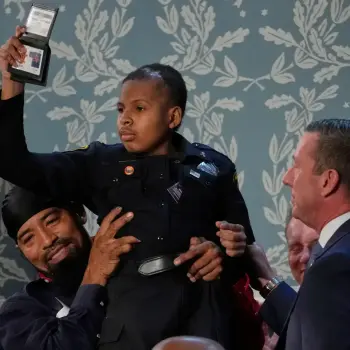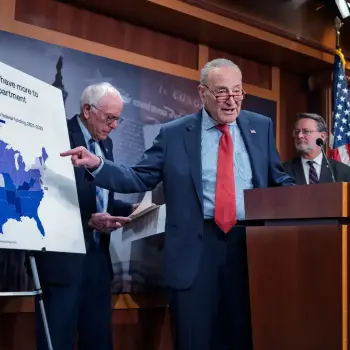Sean Connery passed away Saturday at the age of ninety.
If you are my age and you think of the Scottish actor, James Bond comes first to mind. If you are the age of my children, you may think of Indiana Jones and the Last Crusade or The Untouchables, a role for which he won an Academy Award. If you are in high school, you may not know who he was.
History works that way. Since the present moment is the only moment there is, we filter the past through its prism. We remember the way things were in ways that are true to the way things are, at least for us.
The problem is, there is more than one way to remember the past because there is more than one way to experience the present.
How is this fact relevant to tomorrow’s election?
The prism of the present
Some Americans view our history through the prism of faith. They note statements such as George Washington’s 1796 Farewell Address in which he observed, “Of all the dispositions and habits which lead to political prosperity, religion and morality are indispensable supports.”
For them, tomorrow’s election is about preserving the faith upon which our nation was built and bringing that faith to the challenges we face today.
Other Americans view our history through the prism of secularity. They point to the founders’ failure to eradicate slavery as contradicting or canceling their faith commitments. They note that the word “God” nowhere appears in the Constitution.
For them, the election is about charting a new course that will right the wrongs of racial and economic injustice and protect our nation from the enforcement of creedal religious legalism.
The problem each faces is that there is truth on the other side. The Founders’ declarations of faith and their insistence on a consensual morality as the foundation for our democracy are facts of history. Racial and economic injustice are facts of history as well.
No matter who wins tomorrow’s election, the bad news is that no political leader or party can solve our most enduring problems.
The good news is that there is another way to interpret our past and to find hope for our future.
Why humans “give themselves a master”
Writing for the Washington Post, Richard Just points to an observation by the French writer Alexis de Tocqueville (1805–1859) in Democracy in America: “When authority in the matter of religion no longer exists . . . men are soon frightened at the aspect of this limitless independence. This perpetual agitation of all things makes them restive and fatigues them. As everything is moving in the world of the intellect, they want at least that all be firm and stable in the material order; and as they are no longer able to recapture their former beliefs, they give themselves a master.”
In other words, if we don’t worship God, we will put people in his place. We will trust them to do what only God can do.
Elaborating on this possibility, Just quotes Quincy Howard, a Dominican sister who directs a multifaith coalition advocating democracy reform. She told him that American politics is arguably “on the brink of being idolatrous at this point, and this goes for the left as well as the right.”
Humans can outlaw slavery, but God can transform hearts that hate into hearts that love (Galatians 5:22). Humans can punish injustice, but God can make hearts that “hunger and thirst for righteousness” (Matthew 5:6). Humans can interpret the past, but God can see the future.
However, if humans “give themselves a master” other than the Master, we forfeit all that our omniscient, omnipotent Lord wants to do in our nation and our lives.
“Whoever finds me finds life”
If you have not yet voted, please vote tomorrow for candidates whose character and policies most align with biblical values. Pray for outcomes that most advance the common good for every American from conception to natural death.
But do not believe for a moment that the winners of the election will do what only the Lord can do.
God’s wisdom calls to us: “Blessed is the one who listens to me, watching daily at my gates, waiting beside my doors. For whoever finds me finds life and obtains favor from the Lord, but he who fails to find me injures himself; all who hate me love death” (Proverbs 8:34–36).
Any nation that aborts the unborn, discriminates against racial minorities, celebrates sexual hedonism, euthanizes the elderly, and ignores the word and judgment of God injures itself and loves death. Any such nation urgently needs to repent before it is too late.
We should vote for leaders but, as de Tocqueville warned, we must not make them masters. Rather, we should say with the psalmist, “Behold, as the eyes of servants look to the hand of their master, as the eyes of a maidservant to the hand of her mistress, so our eyes look to the Lord our God, till he has mercy upon us” (Psalm 123:2).
The hour is late. A. W. Tozer was right: “Complacency is a deadly foe of all spiritual growth. Acute desire must be present or there will be no manifestation of Christ to his people. He waits to be wanted!”
Is he waiting for you?











